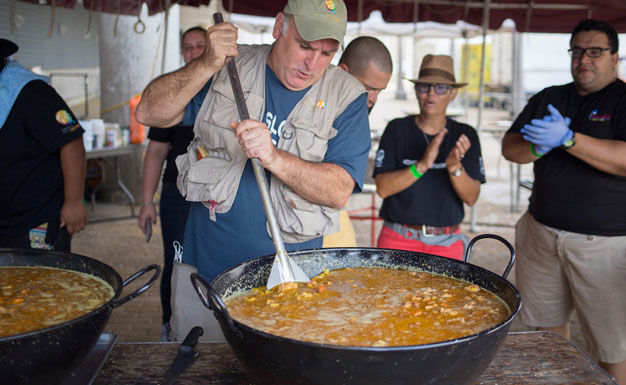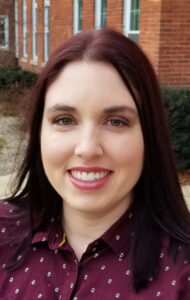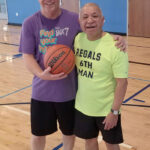
This is a screenshot from “We Feed People,” which is streaming on Disney+.
We Feed People (National Geographic Documentary Films)
Genre: Documentary
Streaming service: Disney+
Recommended age range: 13+ (Some inappropriate language, scenes of death and destruction, cigar smoking, drinking)
Summary: Directed by Oscar-winner Ron Howard, this documentary spotlights celebrity chef Jose Andres and his nonprofit World Central Kitchen’s evolution over a 12-year period, from humble beginnings as a scrappy group of volunteers to becoming one of the most highly regarded humanitarian aid organizations in the disaster relief sector.
Overall impression: “Everyone always has a moment in life that you… receive a call,” Andres says in the documentary. “You never know when the call is gonna arrive, and from whom, or from where.”

For Andres, it was the Haitian earthquake in 2010. In response to this disaster, Andres founded World Central Kitchen (WCK), a boots-on-the-ground effort to provide food for and empower persons impacted by natural disasters. This effort required leaving his ego behind and learning from the people he was serving. Though Andres believed he made “the best beans in the world,” he discovered that Haitian locals preferred their own “velvety and silky” style of beans. “They appreciated the work I was doing, but the beans were not the way they cook,” he admitted.
“He realized that you have to respect people,” added Richard Wolffe, managing director of Jose Andres Media. “Food is about community. It’s about having food your way, and not the way some white savior” believes you should eat it.
This documentary takes viewers along as the WCK team works with locals in Puerto Rico, Guatemala, the Bahamas, California and other locations to feed persons impacted by natural disasters. In doing so, WCK employees and volunteers attempt to honor the dignity of those they serve by working alongside them and stimulating the local economy. The video also documents the team’s COVID-19 response.
Andres’ wife and daughters say the work requires Jose to be away from home for long stretches but they are supportive. Wife Patricia recalls telling Jose that fame would never make him happy but he could choose to use it as a platform for change, and he has.
Throughout the documentary, Andres talks about how service cannot be about the person doing it; it must empower the people being served. He does not want to be a “white savior” in his work. This is an important message for anyone who wishes to serve the less fortunate. Yet, a good chunk of the movie is spent on Andres’ story — perhaps too much. Most of what we learn of the beneficiaries comes second-hand from WCK staff members. While “We Feed People” is a strong, eye-opening and inspiring documentary, Andres’ outlook on service would have been showcased more effectively if beneficiaries received more screen time to share their own stories.
Discussion questions:
What does this documentary have to say about helping others during a crisis?
Have you ever felt a call to service?
What are some ways you can alleviate hunger in your community?
(Editor’s note: Lindsay Steele is a reporter for The Catholic Messenger. Contact her at steele@davenportdiocese.org or by phone at (563) 888-4248.)











